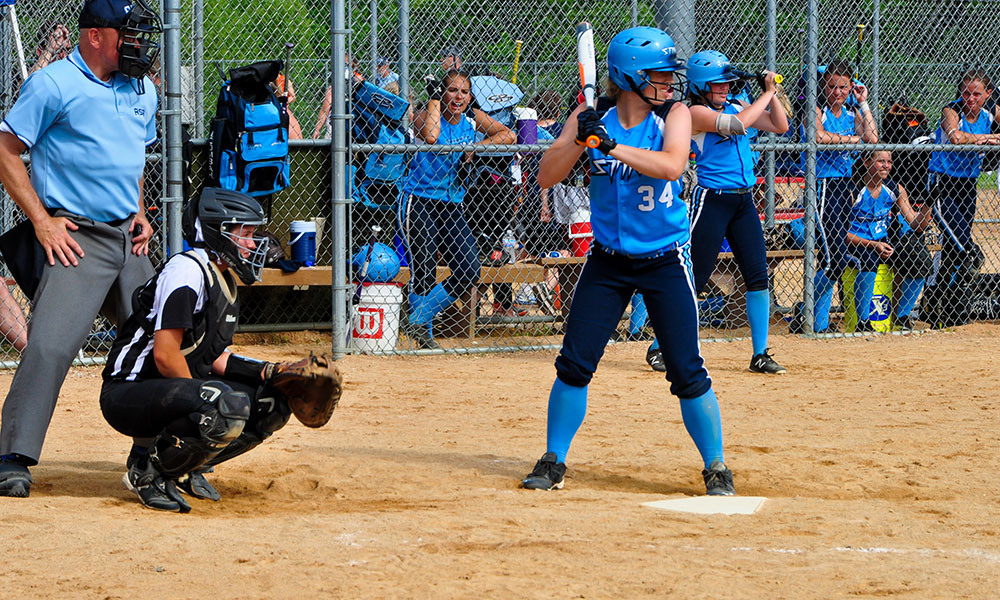First, remember that a verbal commitment isn’t official until you sign on the dotted line. Even if the coach at your dream school offers you a full softball scholarship in exchange for your verbal commitment, nothing is official until you sign your National Letter of Intent in the fall of your senior year of high school. The college coaches and the verbally committed athletes are taking a massive risk while doing so. It’s a risk because anything could happen in the space between the verbal commitment and the signing day.
Below are three of the most common ways verbally committed softball players could hurt their chances of obtaining a college softball scholarship.
Poor Grades: Aside from a softball player’s playing ability, college coaches also care about how their athletes perform in the classroom. If a recruit receives poor grades in high school, that doesn’t give college coaches much reassurance that they will be able to pass their college-level classes. If a college athlete can’t get the grades needed to play, they are not only hurting themselves, but they are hurting the team as a whole. Grades are also important because students attend college to obtain a degree to put towards their careers after college. College softball only lasts for four years; what you learn will set you up for the rest of your life. Grades are important. Make the time, put the effort in, and succeed in school.
Social Media: Believe it or not, college softball coaches look at recruit’s social media accounts. You can learn a lot from people just by what they post online. It’s the same thing you hear from adult figures that future employers will look at your social media accounts before and after job interviews. Making posts about underage drinking and partying won’t get you too far in the college softball recruiting process if a coach takes a peak and stumbles across something you posted that you never intended them to see. Be conscious about the pictures you post to Instagram and what you write on twitter. Even if you set all of your social media accounts to Private, keep in mind, nothing on the internet is private. Also, coaches will ask you to let them see it. If you have something to hide and say no, well, that is just another red flag.
Lack of Work Ethic: It is common for athletes who have already verbally committed to losing some of the work ethic that got them there. The decline can happen because once an athlete verbally commits, they feel a sense of relief and a release of pressure. Instead of having a reduced work ethic, an athlete should be putting things into overdrive to prepare for the next level.
A lot of players set a goal to earn a college softball scholarship. Many will view their verbal as the in, but what these athletes don’t realize is that a verbal is only the beginning when it comes to the work needed to succeed at that next level. Keep grinding and remember that the verbal commitment is only the beginning. You have to put in the harder work to earn the rest.







